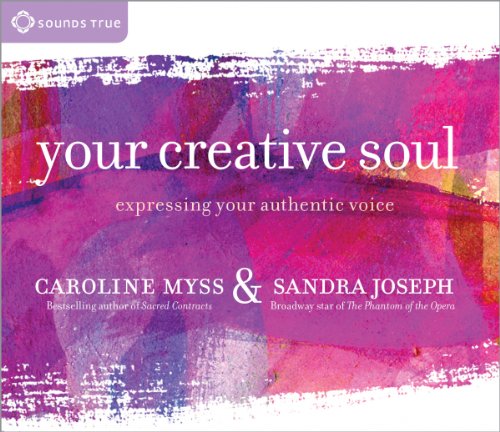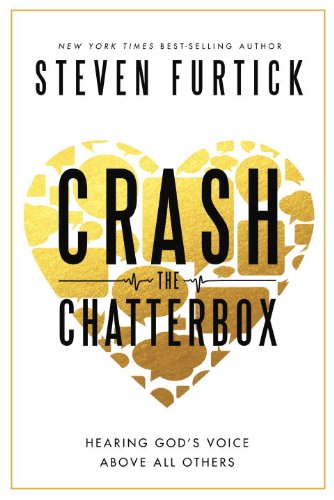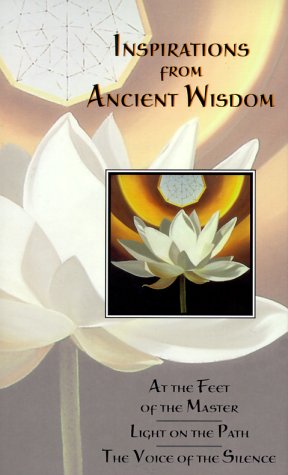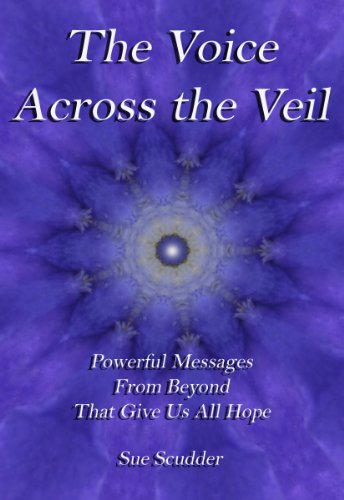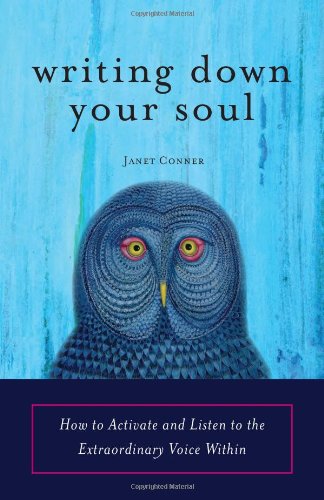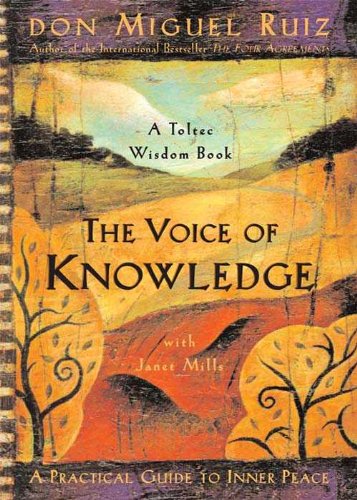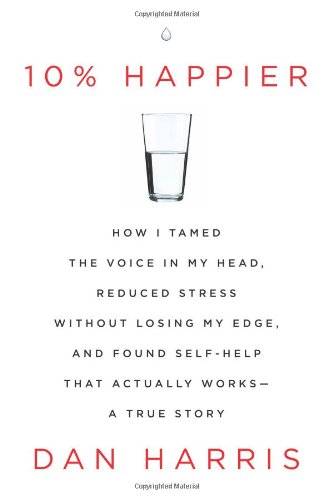
Nightline anchor Dan Harris embarks on an unexpected, hilarious, and deeply skeptical odyssey through the strange worlds of spirituality and self-help, and discovers a way to get happier that is truly achievable.
After having a nationally televised panic attack on Good Morning America, Dan Harris knew he had to make some changes. A lifelong nonbeliever, he found himself on a bizarre adventure, involving a disgraced pastor, a mysterious self-help guru, and a gaggle of brain scientists. Eventually, Harris realized that the source of his problems was the very thing he always thought was his greatest asset: the incessant, insatiable voice in his head, which had both propelled him through the ranks of a hyper-competitive business and also led him to make the profoundly stupid decisions that provoked his on-air freak-out.
We all have a voice in our head. It’s what has us losing our temper unnecessarily, checking our email compulsively, eating when we’re not hungry, and fixating on the past and the future at the expense of the present. Most of us would assume we’re stuck with this voice – that there’s nothing we can do to rein it in – but Harris stumbled upon an effective way to do just that. It’s a far cry from the miracle cures peddled by the self-help swamis he met; instead, it’s something he always assumed to be either impossible or useless: meditation. After learning about research that suggests meditation can do everything from lower your blood pressure to essentially rewire your brain, Harris took a deep dive into the underreported world of CEOs, scientists, and even marines who are now using it for increased calm, focus, and happiness.
10% Happier takes readers on a ride from the outer reaches of neuroscience to the inner sanctum of network news to the bizarre fringes of America’s spiritual scene, and leaves them with a takeaway that could actually change their lives.
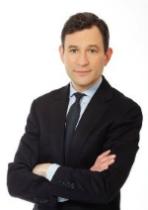 Dan Harris
Dan Harris 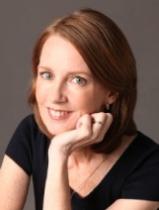 Gretchen Rubin Gretchin Rubin interviews Dan Harris about 10% Happier
Gretchen Rubin Gretchin Rubin interviews Dan Harris about 10% Happier
I met Dan Harris when a mutual friend suggested that we’d enjoy talking about habits, happiness, and meditation. We had a great discussion, and in fact, Dan was one of several people who inspired me to try meditating. 10% Happier is his hilarious, thought-provoking book about his experiences with meditation. I knew Dan had done a lot of thinking about the relationship of habits and happiness, and how to use habits to foster happiness, so I was eager to hear what he had to say.
Gretchen: What’s a simple habit that consistently makes you happier?
Dan: I never in a million years thought I’d be the type of person who’d say this, but my answer is … meditation.I had always assumed that meditation was for robed gurus, acid-droppers, and people who keep yurts in their backyard. But then I heard about the explosion of scientific research that shows the practice has an almost laughably long list of health benefits, from lowering your blood pressure to boosting your immune system to essentially rewiring your brain for happiness. I started with five minutes a day, and very quickly noticed three benefits: 1. Increased focus, 2. A greater sense of calm, and 3. A vastly improved ability to jolt myself out of rumination and fantasies about the past or the future, and back to whatever was happening right in front of my face.Over time (I’ve now been at it for about four years and do 35 minutes a day), an even more substantial benefit kicked in: I created a different relationship to the voice in my head. You know the voice I’m talking about. It’s what has us reaching into the fridge when we’re not hungry, checking our e-mail while we’re in conversation with other people, and losing our temper only to regret it later. The ability to see what’s going on in your head at any given moment without reacting to it blindly—often called “mindfulness”—is a superpower.I’m certainly not arguing that meditation is a panacea. I still do tons of stupid stuff – as my wife will attest. But the practice has definitely made me happier, calmer, and nicer.
Gretchen: What’s something you know now about forming healthy habits that you didn’t know when you were 18 years old?
Dan: A neuroscientist friend of mine once told me, “The brain is a pleasure-seeking machine. ” Usually, we do what makes us feel good. What I know now about habit formation that I didn’t know then is that I generally cannot create or break habits unless there is compelling self-interest involved.So, for example, with meditation, I was motivated to start the habit by the science that says it’s good for you—and I’ve been able to maintain it because, while the act of meditating is often quite tough, the “off-the-cushion” benefits are so readily apparent to me.
Gretchen: Do you have any habits that continually get in the way of your happiness?
Dan: Two biggies:1. Multitasking: I’ve seen all the studies that say our brains are not capable of concentrating on more than one thing at a time and that multitasking is a huge drag on efficiency and productivity. And yet, I still frequently find myself flitting between email, Twitter, phone calls, and whatever work I’m actually supposed to be doing.2. Mindless eating: I try very hard to eat healthfully, but I am a huge sucker for pasta, cheeseburgers, and cookies—and when I get into a feeding frenzy, it’s hard for me to stop. These episodes are almost always followed by a shame spiral.In theory, meditation should help with the above, since it teaches you to pay careful attention to whatever you’re doing right now. Alas, I still struggle. Hence the title of my book.
Gretchen: Have you ever managed to break an unhealthy habit? If so, how?
Dan: In my early thirties, as a young reporter for ABC News, I spent many years covering wars. When I got back from one particularly long and hairy run in Baghdad, I became depressed. In an act of towering stupidity, I began to self-medicate, dabbling with cocaine and ecstasy. In hindsight, it was an attempt, at least partly, to recreate some of the thrill of the war zone.A side-effect of all of this, as my doctor later explained to me, was that the drugs increased the level of adrenaline in my brain, which is what, in all likelihood, produced a panic attack I had on live television in 2004 on Good Morning America. The shrink I consulted about this decreed in no uncertain terms that I needed to stop doing drugs—immediately. Faced with the potential demise of my career, breaking this habit was a pretty obvious call.
Gretchen: Have you ever made a flash change, where you changed a major habit very suddenly?
Dan: In the summer after I graduated from high school, I did experience a “flash change. ” I was in my car, driving to go see some friends, and I decided—seemingly out of nowhere—that after years of being a mediocre high school student, I was going to truly apply myself in the next phase of my life. The next year, when my father saw my first college report card, he nearly cried.Interestingly, the fact that I did well in college has had zero practical impact on my career in television news. I don’t think any of my employers has ever asked about my grades. But that flash change established a long-lasting habit of hard work and ambition. Which, it must be said, has sometimes been to my detriment. It was, I now believe, my fervent desire to excel at my job that led me to plunge headlong into war zones without considering the psychological consequences—which, in turn, led to the drugs and the panic attack. I’ve found that meditation has really helped me strike a better balance between striving and stress.

